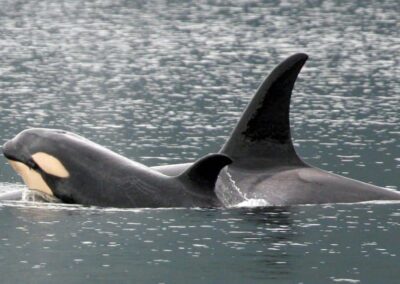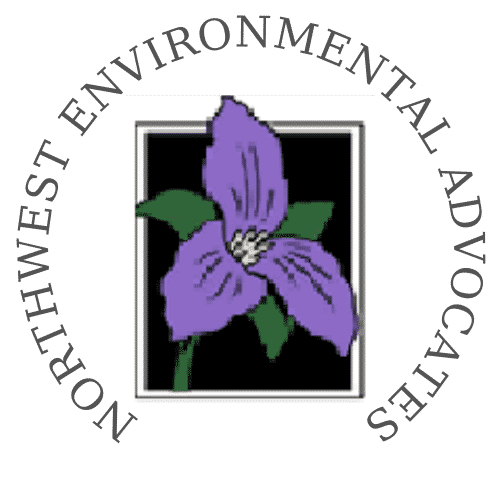News
Stay Informed
Upcoming Actions
Control Logging & Farming Runoff
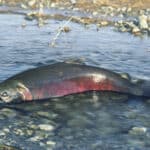
The Problem
Logging and farming are a significant source of pollution to Puget Sound and its freshwater rivers and streams. The single most important step to preventing polluted runoff from these activities is maintaining a streamside buffer of trees and plants. Such forested riparian buffers provide shade needed to keep water cold, prevent erosion of soil that clogs salmon spawning areas downstream, and filter sediment, chemicals and nutrients. Without large riparian buffers, waters become too hot for salmon and frogs, nutrient pollution causes algal blooms, and chemicals build up in the Puget Sound food web.
Protecting trees that logging companies want to cut down and replanting trees that farmers ripped out long ago are extremely unpopular with these politically powerful interests. For this reason, agencies such as the Department of Ecology, drag their feet in taking any meaningful action to require the riparian buffers that are essential to protecting and recovering threatened and endangered salmon species, as well as the Puget Sound orcas that depend upon them.
• NWEA sued the U.S. Environmental Protection Agency (EPA) over its failure to make sure that Washington has a program to control polluted runoff from logging and farming. The 2021 settlement requires the Washington Department of Ecology to adopt and use farming practices to protect salmon.
• NWEA sued EPA over Washington’s failure to develop pollution diets (called Total Maximum Daily Loads or TMDLs) to address the high temperatures and other pollution from logging and farming.
• NWEA sued EPA over its Deschutes River Basin TMDL in the South Sound because it fails to control pollution from logging and farming.
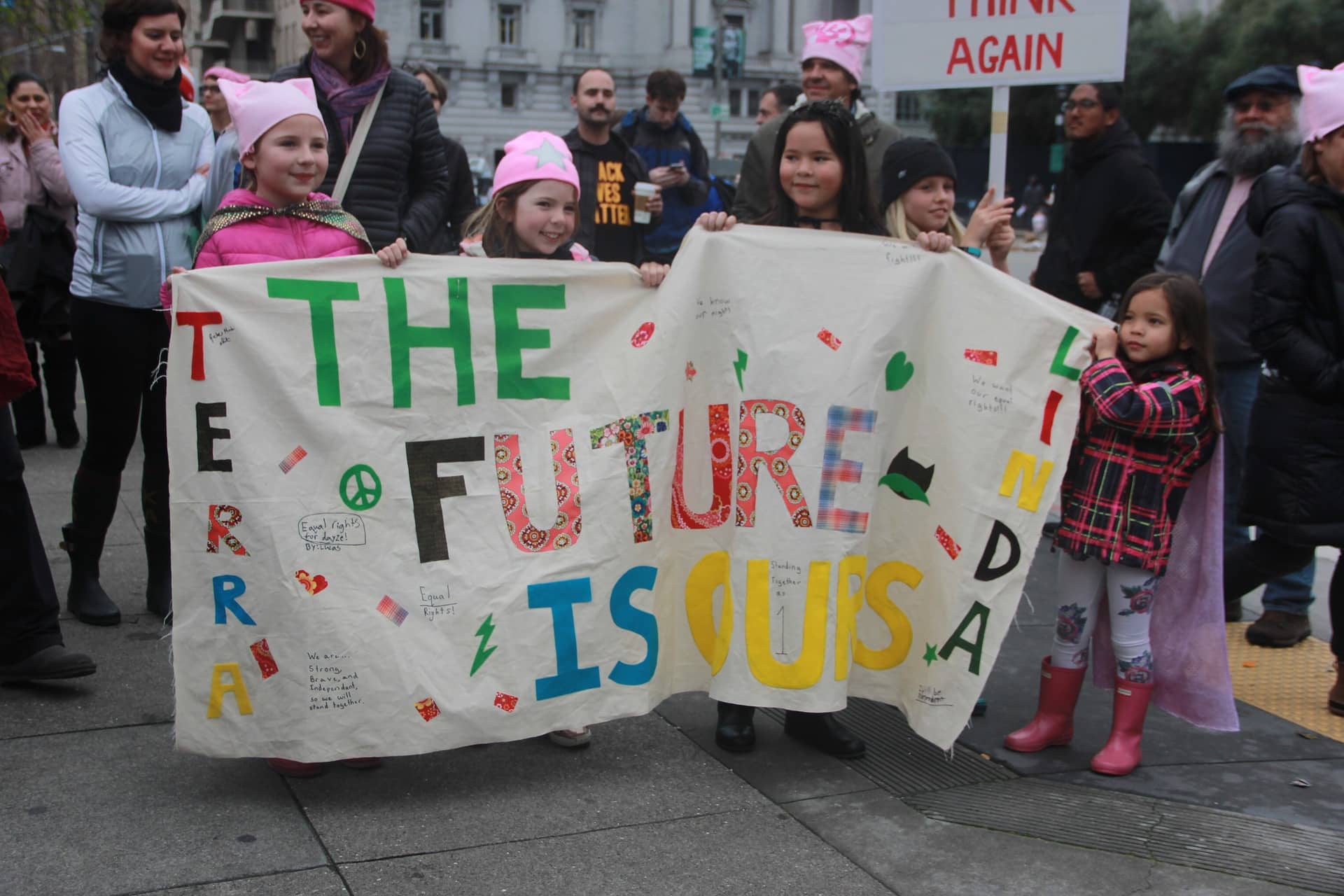
What You Can Do
• Sign up for NWEA Action Alerts
• Sign up for Ecology emails
• Connect your friends and family to the issue via social media
• Become a member of NWEA—with or without a financial contribution
Washington and federal agencies will propose significant actions over the coming year—actions that are guaranteed to fall well short of protecting Puget Sound. These agencies invite public comment, creating an opportunity for you to add your voice to the demand for change. Too often, agency actions are shaped to benefit special interests, not the public interest. That needs to stop. A growing population and climate change bring even more urgency to the longstanding need for strong regulatory actions to protect Puget Sound, its marine life, and its beaches. Here are some key opportunities to be heard:
Action Needed Now!
Washington Ecology: Mandate Modern Sewage Treatment for Puget Sound
After 20 years plus of foot–dragging, Ecology plans to allow 58 sewage treatment plants to keep discharging at current levels instead of making them reduce the amount of pollution they dump in Puget Sound.
In other words, Washington is not following the law and not protecting Puget Sound. Join with us to stop Washington’s business-as-usual approach to Puget Sound and help save the Chinook salmon and Puget Sound’s resident orcas.
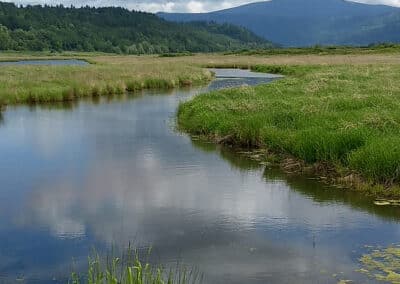
Court Wins for Puget Sound & Columbia River
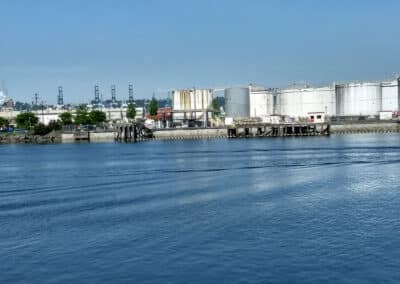
Stopping Tacoma from Harming Puget Sound Chinook Salmon
